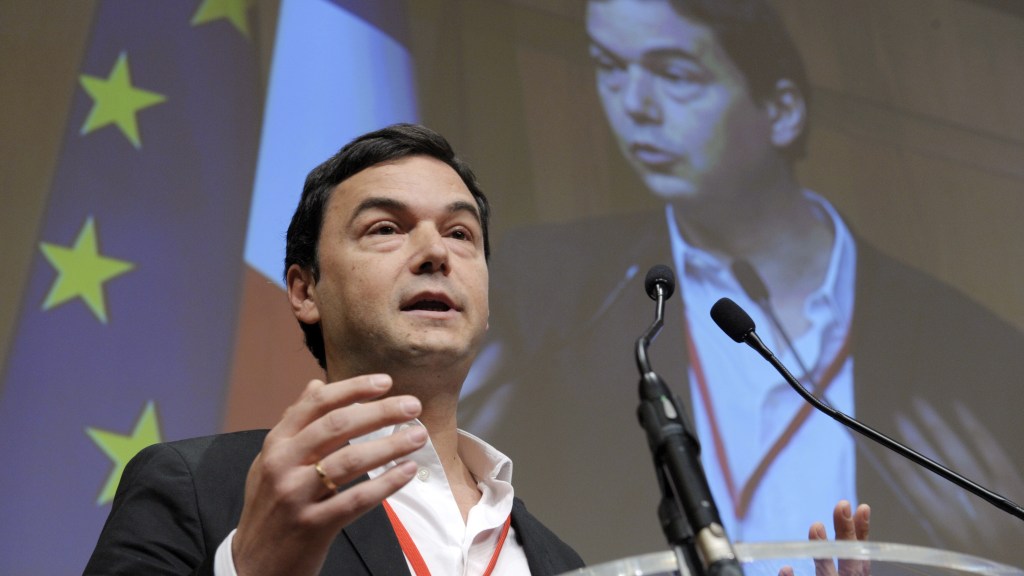Economists and Activists Call for Wealth Tax to Ensure the Rich Contribute Equitably
A diverse coalition comprising economists, climate advocates, and affluent individuals has appealed to Rachel Reeves to implement a wealth tax in her upcoming budget, which could potentially generate upwards of £100 billion.
In an open correspondence addressed to the chancellor, this group emphasized the importance of a wealth tax to «ensure that the richest members of society pay their fair share during the government’s promised decade of national renewal.»
Notable signatories include Thomas Piketty, a French economist renowned for his widely acclaimed 2013 publication, Capital in the Twenty-First Century, and Gabriel Zucman, an associate professor of economics at the University of California, Berkeley.
The letter has garnered the support of 29 organizations, including Unite the Union, Greenpeace, Oxfam, and Patriotic Millionaires UK. The proponents argue that proceeds from a wealth tax could assist in accelerating the UK’s transition to net-zero emissions and revitalizing the country’s struggling public services.
Experts generally concur that a one-time or temporary wealth tax would be more effective than a recurrent annual tax, as it would reduce the likelihood of individuals circumventing the tax by relocating or divesting their assets.
Previously, Greenpeace has advocated for a temporary tax of 2.5 percent on individual wealth exceeding £10 million, which would impact fewer than 75,000 individuals in the UK. The organization has suggested that this measure could generate a minimum of £130 billion for government use over the next five years.
In the forthcoming budget set for next Wednesday, the chancellor is expected to announce £40 billion in fiscal adjustments, primarily through tax hikes. Proposed increases may include capital gains tax, inheritance tax, and employers’ national insurance contributions. Additionally, a change in fiscal regulations is anticipated to allow for increased government borrowing aimed at enhancing public investment.
The letter asserts: «There is more than enough money to pay to fix our public services, revive the economy, address the climate crisis, and more.»
The coalition pointed out that the top 250 wealthiest households in the UK possess a collective fortune of £748 billion, and highlighted that the carbon footprint of the wealthiest 0.1 percent is twelve times that of the average UK citizen.
Asserting that the wealthiest individuals should be «taxed more on their assets to ensure that we address the climate crisis equitably and foster a more just society,» the coalition also criticized the government’s recent move to reduce eligibility for winter fuel assistance.
Georgia Whitaker, a UK climate campaigner with Greenpeace, stated: «How can the government believe that taxing the immense wealth of the richest in our society is more controversial than cutting winter fuel payments for vulnerable pensioners?»
Pensioners entitled to and claiming pension credit can still access these payments to assist with heating costs.
The chancellor has previously reiterated that the government will not be introducing a wealth tax.






